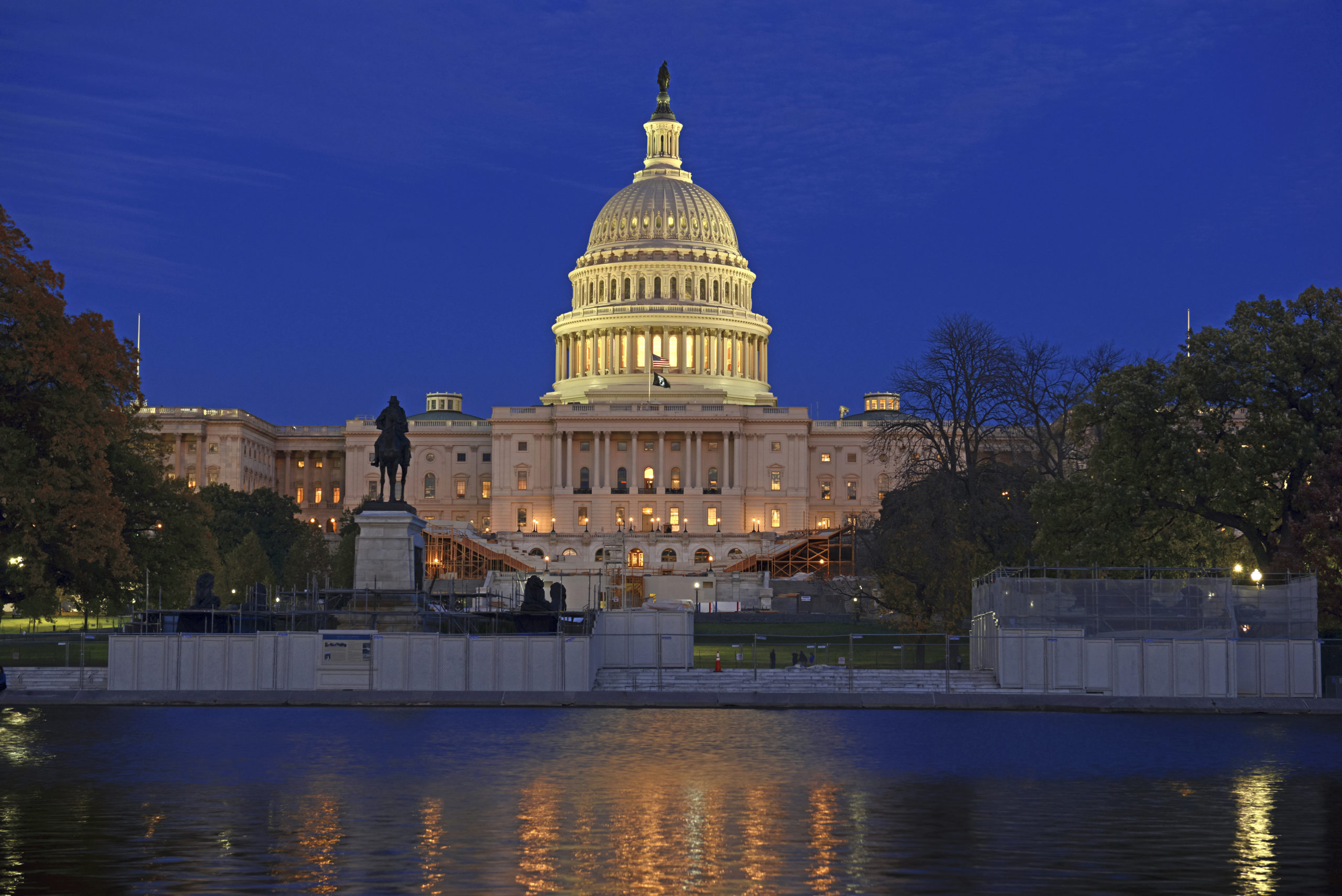Obviously, the topic of addiction has become a major concern amid the national COVID-19 (or coronavirus) quarantining. So much so, that representatives from President Donald Trump’s administration have spoken out about it multiple times. Their main issue pertains the nation’s opioid addiction epidemic and the potential progress that may be lost as more people become more isolated and disconnected from their recovery programs.
Nora Volkow, the director of the National Institute on Drug Abuse, spoke to the POLITICO website about about these concerns, highlighting the fact that we may see a spike in fatal overdoses during this time.
“I think we’re going to see deaths climb again,” Volkow explained. “We can’t afford to focus solely on COVID. We need to multitask.”
President Trump himself was consulted on the issue, speaking with leading mental health and recovery advocates this past week. Those groups pressed his administration for as much as $50 billion in emergency funds; all meant to prevent a harder hit for the U.S. opioid addiction fight.
Trump did speak out on the issue, saying it was top of mind and could benefit from an economic stimulus. As he put it, issues like unemployment and tanking stock markets could fuel dependencies even more.
“You will see drugs being used like nobody has ever used them before,” Trump told the press earlier this month. “And people are going to be dying all over the place from drug addiction.”
As of right now, many programs that were in place to help with the opioid crisis have been halted. The National Institute of Health, for example, was in the middle of conducting significant research on opioid addictions when COVID-19 hit. Now all of that work has been put on hold.
One thing that Trump’s administration has done since the quarantining began is temporarily lift prescription restrictions for doctors with patients in treatment. Now, M.D.’s have the ability to virtually prescribe controlled substances to help with people’s recovery regimens. This impacts methadone clinics as well, allowing patients to receive as much as 28 days’ worth of medication at a time. That, of course, carries its own risks and could lead to more misuse of meds or black market distribution.
We certainly understand that there is no easy answer to this situation and that COVID-19 is wreaking havoc in many ways across the nation. At the very least, we are encouraged by the fact that addiction is continuing to work its way into the larger conversation and (hopefully) more progress will continue to be made.







